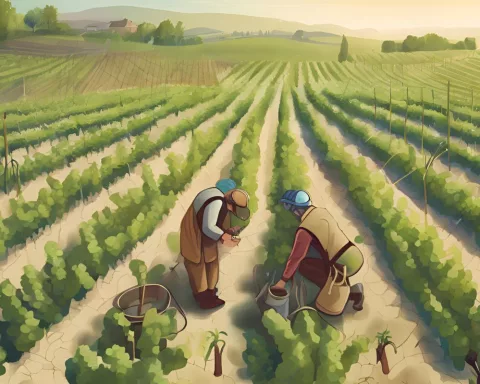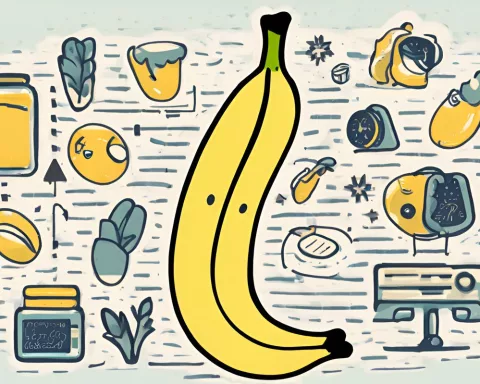In a bid to replicate the successful plan of 2019, the Springboks have decided to deploy a unique strategy of a split-squad system in the upcoming Rugby Championship. Head coach Jacques Nienaber clarified that the team would not have an ‘A and B’ team, but they would divide the squad for the opening two Tests of the competition.
The Split-Squad Strategy
The Springboks will send a group of players and management members to Auckland during the week of the opening Test against Australia at Loftus Versfeld on Saturday, 8 July. This group will prepare for the second Test against New Zealand at Mount Smart Stadium the following week, on Saturday 15 July. The third and final Test against Argentina will take place at Emirates Airline Park in Johannesburg on Saturday, 29 July.
Goal of the Strategy
Nienaber explained that the Springboks have a clear idea of how they intend to split the squad, but much will need to happen before finalizing the selection. The final decision would probably be made the week before the Australia Test. The ultimate goal is to select a team that can defeat Australia at Loftus Versfeld, not to create A and B sides.
Speculations on the New-Look Bok Side
Speculations abound on what the new-look Bok side could resemble for the first Test of the year. A possible line-up against the Wallabies might include regular Springbok players and several ‘fringe’ players, such as Kurt-Lee Arendse, Canan Moodie, Jesse Kriel, Damian de Allende, Makazole Mapimpi, Manie Libbok, Cobus Reinach, Evan Roos, Kwagga Smith, Deon Fourie, Marvin Orie, RG Snyman, Trevor Nyakane, Joseph Dweba, and Thomas du Toit.
Springboks’ Training Squad
The Springboks’ training squad comprises players from various rugby clubs. The list includes Thomas du Toit, Steven Kitshoff, Vincent Koch, Frans Malherbe, Ox Nche, Trevor Nyakane, Joseph Dweba, Malcolm Marx, Bongi Mbonambi, Lood de Jager, Eben Etzebeth, Marvin Orie, RG Snyman, Jean Kleyn, Pieter-Steph du Toit, Siya Kolisi, Evan Roos, Kwagga Smith, Marco van Staden, Duane Vermeulen, and Jasper Wiese.
Utility forwards in the training squad are Jean-Luc du Preez, Deon Fourie, and Franco Mostert. Scrumhalves include Faf de Klerk, Jaden Hendrikse, Herschel Jantjies, Cobus Reinach, and Grant Williams. Flyhalves are Manie Libbok, Handre Pollard, Damian Willemse, and Elton Jantjies. The centers consist of Lukhanyo Am, Damian de Allende, Andre Esterhuizen, and Jesse Kriel, while the outside backs are Kurt-Lee Arendse, Cheslin Kolbe, Willie le Roux, Makazole Mapimpi, and Canan Moodie.
Springboks’ Fixtures
The Springboks are scheduled to play several fixtures in the Castle Lager Rugby Championship and warm-up matches for the Rugby World Cup. Notable engagements include a match against Australia on 8 July, New Zealand on 15 July, Argentina on 29 July, and Wales on 19 August. The Rugby World Cup fixtures in September and October will see the Springboks face Scotland, Romania, Ireland, and Tonga, with the quarter-finals and semi-finals scheduled for mid-to-late October.












